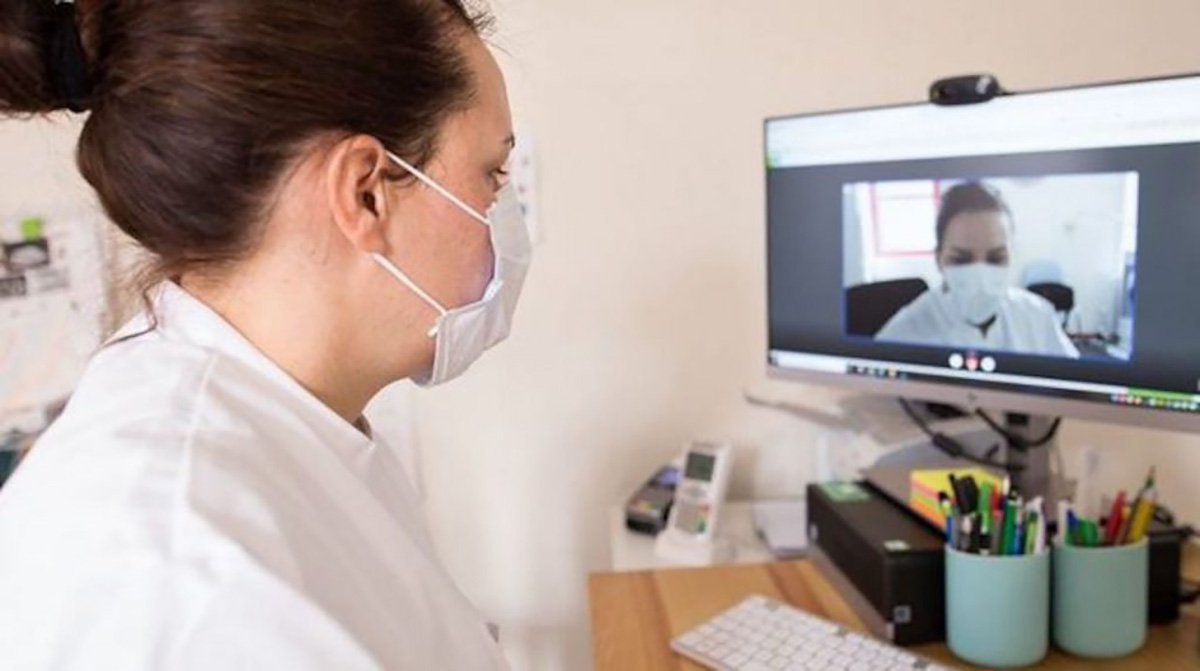In recent months, humanity has had to deal with a worldwide pandemic called COVID-19, which has caused the death of hundreds of thousands of people and paralyzed the global economy. Struggling to cure infected patients while continuing to care for patients with other pathologies, health authorities have faced the lack of medical staff and infrastructure.
This study aimed to investigate the acceptance of teleconsultation solutions by patients, which help to avoid the spread of the disease during this pandemic period. The model was built using some constructs of the technology acceptance model UTAUT2, Personal traits, Availability, and Perceived Risks.
A new scale on Contamination Avoidance was developed by the authors. The questionnaire was disseminated in several countries in Europe and Asia and a total sample of 386 respondents was collected. The results emphasize the huge impact of Performance Expectancy, the negative influence of Perceived Risk, and the positive influence of Contamination Avoidance on the adoption of teleconsultation solutions. The findings highlight the moderating effects of Age, Gender, and Country.



